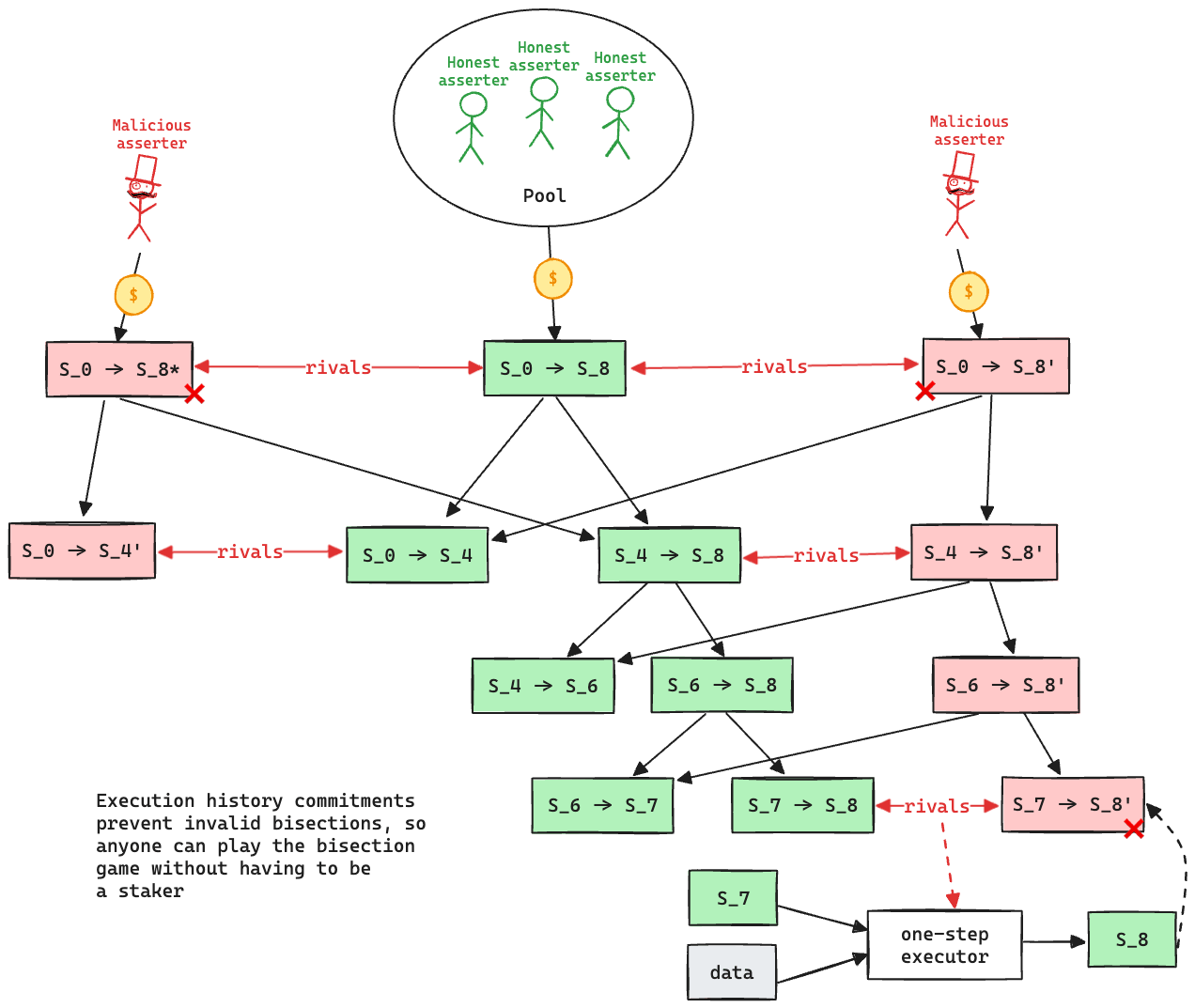Ethereum is slow and expensive as hell. During the DeFi summer of 2021, I watched my portfolio gains evaporate in gas fees. A simple Uniswap trade cost $80-150. Yield farming became impossible unless you had six figures to play with.
Then I discovered Arbitrum in August 2021. Same Ethereum dApps, same MetaMask setup, but trades that cost pennies instead of rent money.
How This Magic Actually Works
Arbitrum uses optimistic rollups - basically, it assumes transactions are legit unless someone proves otherwise. Your transactions get batched up and posted to Ethereum as compressed data. Instead of Ethereum processing every trade, it just stores the results.
The fraud proof system is complex as hell but clever. If someone tries to cheat, validators can challenge them through multiple rounds of back-and-forth until they narrow it down to a single computation that gets settled on Ethereum. It's like a very expensive, very slow argument that math eventually wins.
This interactive approach is different from Optimism's single-round fraud proofs. Arbitrum's system is more complex but probably more efficient - disputes should resolve faster when there's actual fraud. In practice, fraud proofs have never been needed in production, which either means the incentives work or everyone's too lazy to try cheating.
The Nitro Upgrade Changed Everything
In August 2022, Arbitrum upgraded to Nitro and things got even better. They forked Geth (the main Ethereum client) which means:
- Your Ethereum contracts work perfectly without changes
- MetaMask connects instantly
- Hardhat deploys contracts the same way
- Gas estimation actually works properly
- Debugging tools from Tenderly work great
I've deployed dozens of contracts on both networks and never had compatibility issues. Unlike zkSync where I spent 3 days debugging a CREATE2 issue that worked fine on every other chain.
Two Chains, Different Purposes

Arbitrum One is where I do all my DeFi trading. It's the "real" rollup with maximum security. GMX for perps, Camelot for DEX trades, Radiant for lending. Everything just works.
Arbitrum Nova is cheaper but uses a committee for data availability. Good for gaming and high-frequency stuff where you need rock-bottom fees. I use it for TreasureDAO games.
The Orbit framework lets projects spin up custom L3s. Kind of overkill for most use cases but cool tech.
Real talk: The 7-day withdrawal period fucking sucks. I've been stuck waiting a full week to get ETH out twice now - learned to keep some L1 funds for emergencies. Use Across or Hop if you need funds fast, but you'll pay 0.1-0.5%. The centralized sequencer is annoying but they've been "working on decentralizing it" since 2022 - still talking about it.
The official bridge is simple but slow. For fast withdrawals, third-party bridges like Across charge ~0.1-0.5% but get your funds in minutes instead of a week.



